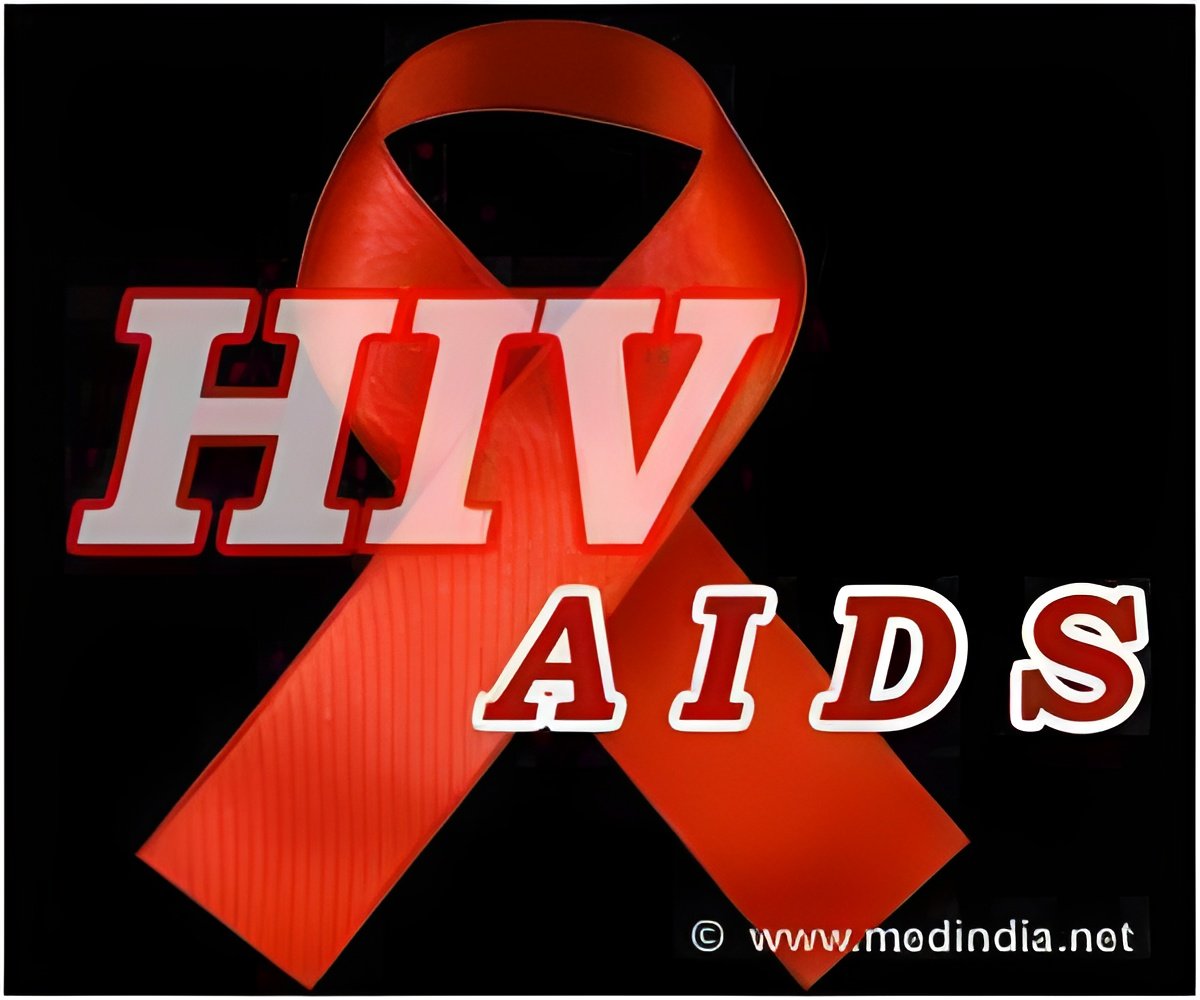
This resemblance gives scientists a basis for developing a preventative vaccine, putting our immune system on guard against HIV.
HIV's sugar molecules act as a cloaking device, preventing our immune system from detecting the virus until it has created several variant generations of itself.
By the time our immune system's recognition has kicked in, weeks have elapsed, and HIV is several steps ahead of our body's efforts to eliminate it.
Ralph Pantophlet, a Faculty of Health Sciences assistant professor, and Kate Auyeung, his senior research assistant and lab manager at SFU, and scientists in Italy believe the sugar molecules on Rhizobium radiobacter could be used to trigger our immune system to immediately recognize those on HIV, prompting more immediate awareness of the virus' invasion.
"The irony of our discovery is not lost on us. We've found that a harmless species of a bacteria family that can cause tumours in the roots of legume plants could become a vital tool in the fight against one of the deadliest infectious diseases," said Pantophlet.
Advertisement
The protein is needed to properly trigger our immune system's development of antibodies to the sugar molecules. Such antibodies would then recognize and target HIV's sugar molecules because they resemble those on the bacterium.
Advertisement
"Two known proteins, tetanus toxoid and CRM197, a nontoxic recombinant variant of diphtheria toxin, are commonly used to develop these kinds of vaccines," explained Pantophlet.
"So a lot of the groundwork is there for us to be able to have a vaccine that could be tested in a lab first and then in clinical trials later on," he stated.
Pantophlet and his colleagues are seeking grant funding from the Canadian Institutes for Health Research to continue their research.
If they get the grant, they hope to attach Rhizobium radiobacter's sugar molecules to a protein and create vaccine candidates for testing within the next one to two years.
Their research has been recently published in the journal Chemistry and Biology.
Source-ANI













